How to rebuild a city with Karam Alkatlabe

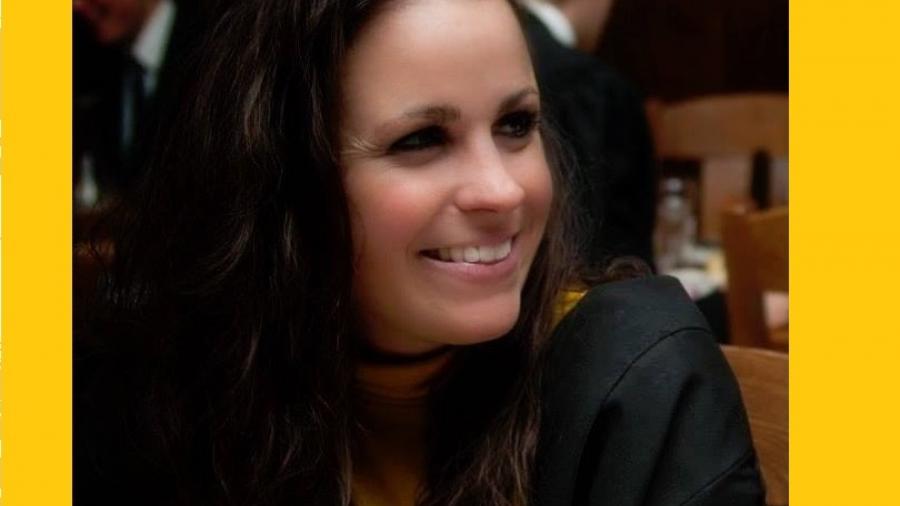
BSc MA PhD
Elizabeth is a Research Associate and Affiliated Lecturer in the Department of Social Anthropology.
++currently on intermission++

Elizabeth earned her doctorate in Social Anthropology from the University of Cambridge (Selwyn College) in 2018. She began research in 2010 as a Fulbright Scholar exploring shamanic healing practices in Mongolia, specifically the connection between spiritual illness and the forecasted mining boom. Elizabeth earned her MA in Sociocultural Anthropology from Columbia University in 2013, where she also held the role of Postdoctoral Research Scholar and Lecturer in 2019-2020. As a Cultural Heritage Fellow, Elizabeth was funded by the American Center for Mongolian Studies and Henry Luce Foundation in 2016 to explore mineral springs and associated health practices in Mongolia.
In addition to teaching at both undergraduate and graduate levels in the Department of Social Anthropology, Elizabeth has been Director of Studies in Social Anthropology at Corpus Christi College. Alongside her current position as Research Associate, she is also a Curatorial Consultant for the National Museum of Qatar.
Elizabeth’s research explores health-related practices and strategies in Mongolia, with particular focus on ‘alternative’ and nature-based therapies. Her doctoral dissertation traced entanglements of body, natural environment and national identity as Mongolians find renewed interest in therapeutic heritage once denigrated as ‘superstition’ by the state. It looks at how Mongolians today navigate the multiple authorities on health and well-being.
Her current work builds on the doctoral research, as part of a project in the Department of Social Anthropology entitled ‘Mongolian Cosmopolitical Heritage: Tracing Divergent Healing Practices Across the Mongolian-Chinese Border’, funded by the Arts and Humanities Research Council.
While the project ethnographically explores the politics of linking health and cultural heritage, the research scope has shifted slightly in the wake of the pandemic, to focus on how healing practices – ‘traditional’, bio-medical, and the many intersections in between – are mobilized to prevent and treat COVID-19.
Ultimately, this research will illuminate the ways in which public administration and national constructions of culture shape practices that influence health and wellbeing.
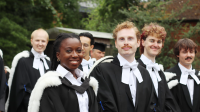
Graduation ceremonies are the culmination of students’ hard work and commitment, and a moment to celebrate the completion of their Cambridge degree.
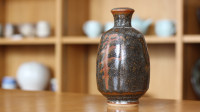
A display of works from the Bradshaw-Bubier studio pottery collection.
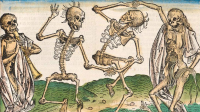
How we can develop ‘death activism’ – a variety of tactics and posthuman practices which celebrate death, its inevitability, its forms, from the slow to times of crisis, and how can trauma and mourning emerge as their own forms of expression, or even activism?
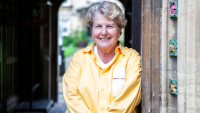
We are delighted to welcome Sandi Toksvig OBE as our speaker for Wolfson's prestigious Lee Lecture this year.

Join us for the 2024 Wolfson Research Event: an interdisciplinary academic conference organised by students to showcase the diversity of the research carried out by Wolfson students.







